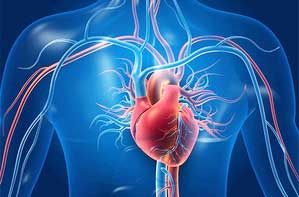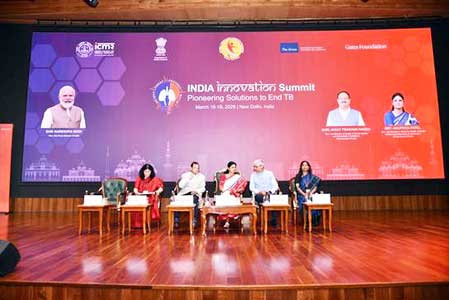Breastfeeding for six months or more appears to reduce the risk of cardiovascular problems developing in mothers for at least three years after delivery, a new study has found.
The surprising cardio-metabolic benefit for maternal health is particularly important for women who experienced a complicated pregnancy, which can increase their chance of developing cardiovascular disease (CVD) later in life.
The study, published in the International Breastfeeding Journal, showed that women who breastfed a baby for at least six months experienced lower blood pressure and body-weight recovery (or BMI) for up to three years after the birth of their baby.
According to Professor Claire Roberts, who leads the Pregnancy Health and Beyond research group at Flinders University, the study was positive for women with pregnancy complications, as they recorded lower blood pressure and improved cholesterol measures at three years postpartum.
"That means that breastfeeding improves women’s cardio metabolic risk factors, which is good news for new mothers who might be at risk of developing future cardiovascular and metabolic diseases," Roberts added.
Pregnancy complications are associated with later cardiovascular disease risk and their children are also at risk of impaired metabolic health earlier in life.
Along with neurological and other health benefits for babies, the World Health Organization recommends breastfeeding exclusively for up to six months, and breastfeeding over 12 months to promote a significant reduction in both chronic hypertension and diabetes in women.
The study conducted the follow-up of 280 women and their children between 2018 and 2021.
"We found that women who breastfeed for at least six months had significantly lower body mass index (BMI), lower blood pressure, mean arterial pressure and lower central blood pressure than those who did not," said Dr Maleesa Pathirana from University of Adelaide.
"We found that if women with at least one major pregnancy complication -- like preeclampsia, gestational hypertension and gestational diabetes -- breastfeed for at least six months, they had significantly lower blood pressure, improved cholesterol profile and lower insulin compared to those who did not breastfeed for at least six months.
"These findings indicate an overall improvement in cardiovascular health," Dr Pathirana said.
The researchers recommended further investigations in a larger sample size of women who breastfeed compared to those who choose not to breastfeed.
They also recommended more interventions that support breastfeeding in disadvantaged or low socioeconomic areas, particularly for women with pregnancy complications to reduce their lifetime risk of cardiovascular disease.






Shutdown called to observe two years of ethnic conflict in Manipur cripples life
Normal life was badly affected in Manipur on Saturday as a shutdown was called by various groups to mark two years of ethnic conflict in the state. However, according to the police officials, the shutdown is peaceful so far in both the valley and hill districts.
21 MLAs urged PM, HM to reinstate govt in Manipur bypassing Guv: Congress
The Opposition Congress on Wednesday slammed 21 MLAs of Manipur for bypassing the state Governor and writing letters to the Prime Minister and Union Home Minister, urging them to reinstate a popular government in the state.
Air pollution exposure raises brain stroke risk in older adults: Study
The study showed that elderly males are disproportionately affected by ischemic stroke related to air pollution. Ischemic stroke is a condition resulting from reduced blood supply to specific areas of the brain due to blocked blood vessels. The primary contributor to this burden is PM2.5 from air pollution.
Security forces apprehend 7 militants in Manipur, recover arms and stolen cars
Security forces in Manipur arrested seven militants belonging to different banned outfits from Imphal East and Imphal West districts, officials said on Friday.